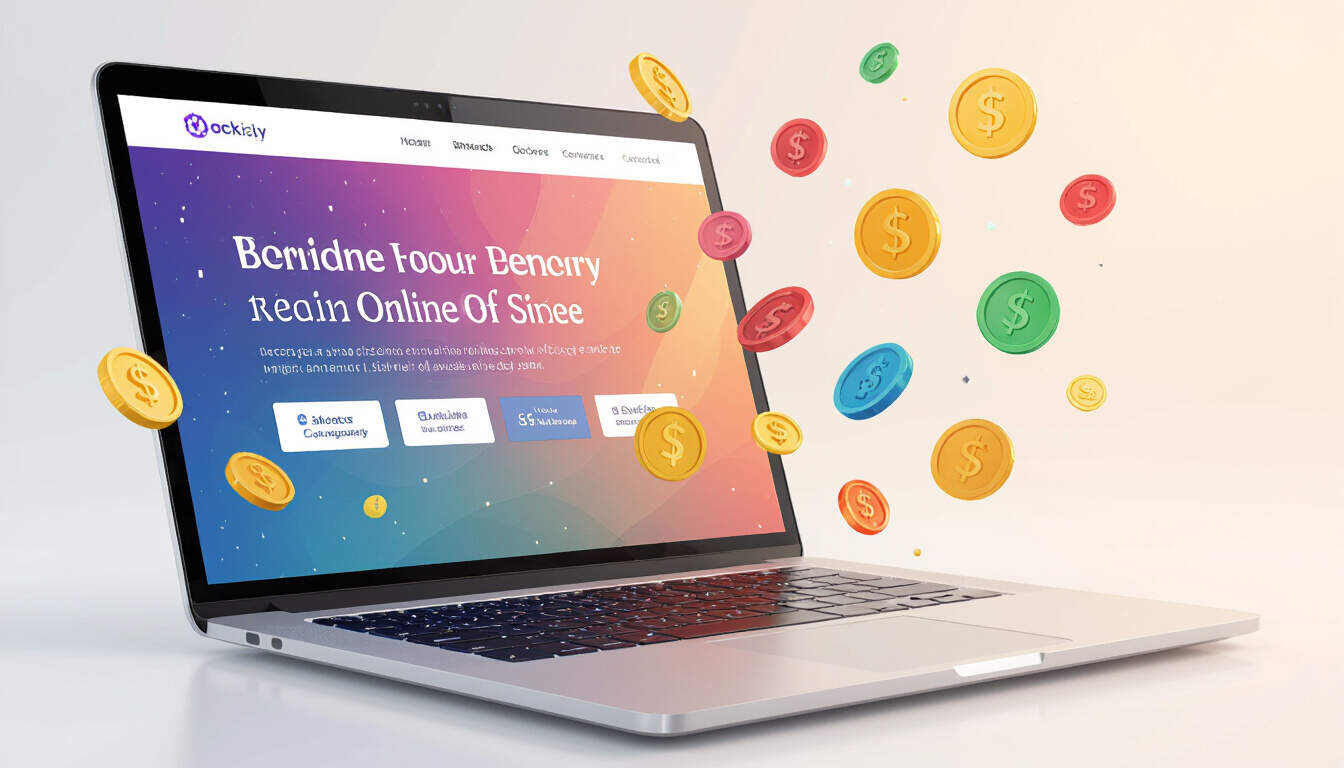Web Monetization Models for Freelance Web Developers
 by Marlene Keeling
by Marlene Keeling
Discover how web monetization models can help freelance web developers build sustainable careers. From advertising to subscriptions, learn practical ways to earn from your skills and projects, making the transition into freelancing more achievable for beginners.

Starting as a freelance web developer offers exciting opportunities to create and earn from your own projects. Many beginners find that implementing effective web monetization models is essential for turning skills into a steady income.
First, consider the foundational skills needed. Learning HTML, CSS, and JavaScript forms the core of web development. These tools allow you to build responsive websites that attract users and potential revenue. As you progress, exploring frameworks like React can enhance your efficiency in creating dynamic sites.
One key area to focus on is how web monetization models can support your freelance work. Advertising stands out as a straightforward option. By integrating ads from platforms such as Google AdSense, you can earn based on user engagement. For instance, placing targeted ads on a blog or portfolio site can generate passive income without much ongoing effort.
Another approach involves subscription models. This method requires building content-rich sites where users pay for access. Imagine creating an online course platform where learners subscribe for premium tutorials. This not only provides recurring revenue but also builds a loyal community around your expertise.
Affiliate marketing is also worth noting. As a freelancer, you can partner with companies and promote their products through your website. For example, if you develop e-commerce sites, recommending tools via affiliate links can earn you commissions on sales. This model rewards you for driving traffic and conversions.
To get started, set clear goals for your freelance career. Begin by building a personal portfolio that showcases your projects. Use simple hosting services to keep costs low while you experiment with different monetization models. Remember, tracking user metrics like page views and bounce rates helps refine your strategies.
Building Your First Monetized Project
When launching your first project, prioritize user experience. A clean, intuitive interface keeps visitors coming back, which is crucial for models like advertising. Start with a basic blog where you share web development tips. Over time, add features such as paywalls for exclusive content.
Here are some steps to implement monetization:
- Research and select a model that fits your site’s audience.
- Integrate necessary tools, like payment gateways for subscriptions.
- Test everything to ensure seamless functionality.
- Analyze performance regularly to make adjustments.
For beginners, freelancing platforms like Upwork or Fiverr can serve as a launchpad. These sites connect you with clients who need web development services, allowing you to gain experience while applying monetization techniques to your own work.
Overcoming Common Challenges
As you grow, you might encounter issues like low traffic or technical glitches. Focus on SEO basics to improve visibility. Keywords related to your niche, such as 'freelance web development', can help your site rank higher in searches. Additionally, ensure your site is mobile-friendly, as most users access content via smartphones.
Networking plays a vital role too. Join online communities or forums where developers share insights. Engaging with peers can provide inspiration and new ideas for monetizing your efforts. For example, collaborating on open-source projects might lead to opportunities for sponsored work.
Let’s look at real-world examples. A developer might create a tool for small businesses, using a freemium model where basic features are free, and advanced ones require payment. This approach not only attracts users but also converts them into paying customers.
Scaling Your Freelance Business
Once you have a few projects under your belt, think about scaling. This could mean expanding to multiple sites or offering services like maintenance contracts. By diversifying your income streams, you reduce reliance on a single model.
For instance, combine advertising with affiliate marketing on the same site. This multi-faceted strategy can increase earnings as your audience grows. Always keep learning; staying updated with trends like progressive web apps ensures your skills remain relevant.
In summary, pursuing a career as a freelance web developer involves creativity and strategy. By incorporating various web monetization models, you can create a sustainable path forward. With persistence and practical application, beginners can turn their passion into a rewarding profession.
To wrap up, the key is consistent effort. Build, iterate, and adapt as you go. Your journey in web development holds great potential for both personal growth and financial success.
